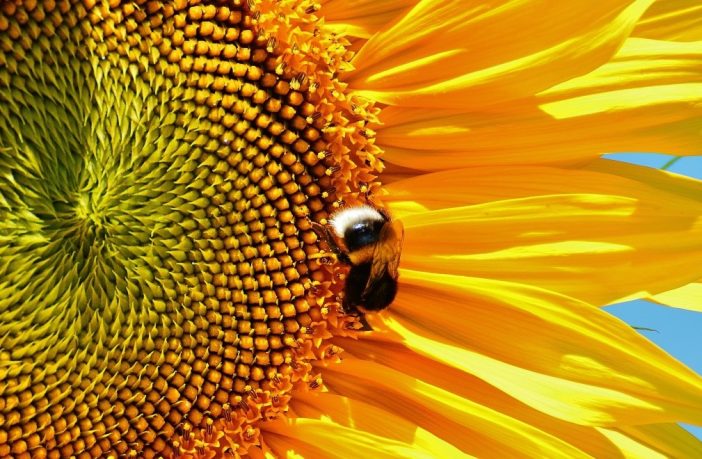- The Fedgroup have disrupted the investment market with an innovative Impact Farming ventures App.
- The model allows individuals to invest in solar, beehive and blueberry farming via the App.
- Income is earned through the sale of the harvest.
The Fedgroup, as their website states, tends to do things differently. They have recently disrupted the investment market with an innovative financial investment model which allows individuals to invest in solar, beehive and blueberry farming via an App. The model is remarkably simple.
Individual investors can use the App to gain instant access to Impact Farming ventures. Investors purchase a blueberry bush, a beehive or a solar panel to start earning an income. The investor owns the assets on the farming venture you choose. Income is earned through the sale of the harvest.
The beauty of the model is that it allows ordinary citizens the opportunity of entering the solar, honey and blueberry farming sectors without laying out huge amounts of cash. R5000 buys you a solar panel, blueberry bushes go for R300, while beehives go for R4 000. The farming is done by professionals so there is less risk upside and there is a set amount of stock for each category.
Solar: Urban solar farming allows you to buy a panel installed on a shopping centre or industrial unit. The landlord saves on energy costs and you receive a share of the profit in the form of monthly returns. A 10% to 12% annual return can be expected. The returns are based on the amount of energy produced by the panel, for up to a 20 year period.
Blueberries: The resilient varietal of blueberry bushes known as OzBlu is farmed. The berries are sweeter and last longer. As a ‘superfood’, with a number of health benefits, the berries are in high demand in both local and international markets. Fedgroup’s farming partner, United Exports utilises water-wise methods to grow the berries under mesh tunnels to protect bushes from hail and adverse weather conditions. An estimated annual return of between 12% and 14% is anticipated and the life expectancy of each bush is 8 – 10 years.
Honey: South Africa is producing only a third of the amount of honey that the local market demands. With increasing attention on how honey is made, and where pollen is sourced from, it is anticipated that the demand for local honey will grow. The honey will be sold locally with a fully audited supply chain. The hives have a 10 to 12-year life expectancy and an annual return of between 14% and 16% is expected for investors.
Author: Bryan Groenendaal
















2 Comments
Hi, how do i contact you guys?
Hi Raymond, in the article there are links with a darker text. Please click on link to get to contact details of the service offerer. Good luck and stay safe brother.